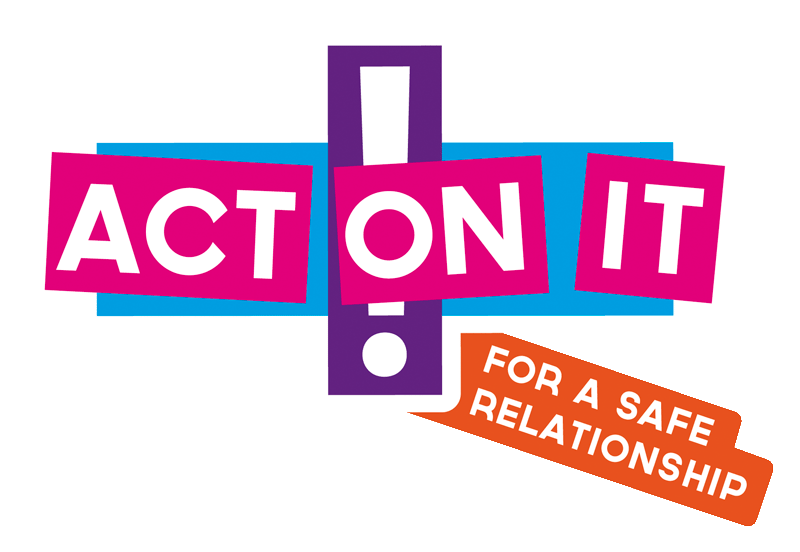
Adolescent-to-parent abuse
Adolescent-to-parent abuse happens when a teen physically, emotionally or financially abuses their parent or primary caregiver.
As with other unhealthy or toxic/abusive relationships, it often involves manipulation, control and coercion.
What behaviour does adolescent-to-parent abuse involve?
Control, manipulation, coercion, physical violence and aggression are unacceptable behaviours within healthy relationships. Couples. Siblings. Parents & children. Friendships. All of them.
Healthy relationships with anyone should involve mutual respect, trust, open & honest communication and individuality – you accept each other for who you are.
So if your relationship with your teenager has become dominated by an ongoing pattern of unhealthy or toxic behaviour…
If your child has ever threatened or physically assaulted you or if you feel as though you’re being silenced to avoid conflict or violence…
Then you might be experiencing adolescent-to-parent abuse.
Adolescent-to-parent abuse is a common – but often hidden – form of family abuse. Very few people want to admit that their own children are hurting them.
What does adolescent-to-parent abuse look like?
Here are a few examples of how adolescent-to-parent abuse might look…
Threats
Physical assault
Damaging possessions
Swearing, shouting and being verbally abusive
Humiliation or embarrassment
Threatening to run away or move out
Heightened sexualised behaviour
Stealing
“Aren’t all teenagers stroppy though?”
Don’t confuse stroppy and hormonal with violent and aggressive.
Don’t confuse typical teenagers testing boundaries with a child actively trying to control you. They aren’t the same thing.
It’s perfectly normal for adolescents to display a certain level of healthy anger, conflict and frustration during their transition from children into adults.
But violence is about displaying behaviour that will control your actions by frightening you.
It’s not healthy to be frightened of your child. If you are, contact us now for support.
“Abused by my own child..? How humiliating.”
That’s part of the plan. If you feel humiliated, embarrassed or degraded, you’re less likely to speak up.
You’re more likely to change your behaviour in order to accommodate your teen’s demands. You’re easier to dominate.
As with any abuse, the intention is to gain power and control. It’s unlikely that this will all go away if you keep quiet.
If you feel like you’re struggling and need some support, contact us now and let’s plan for the bright and happy future you deserve.

